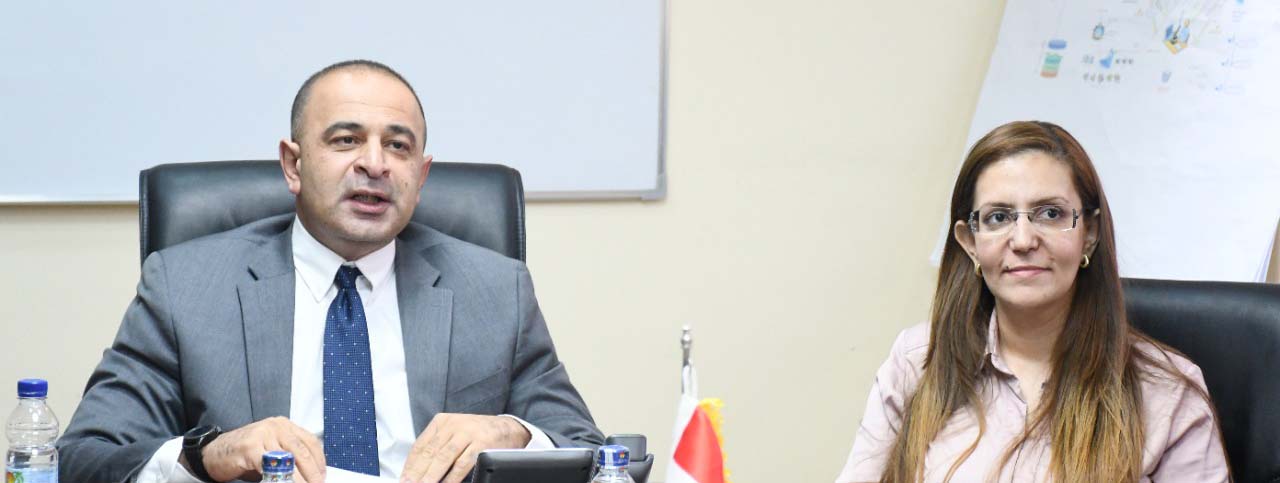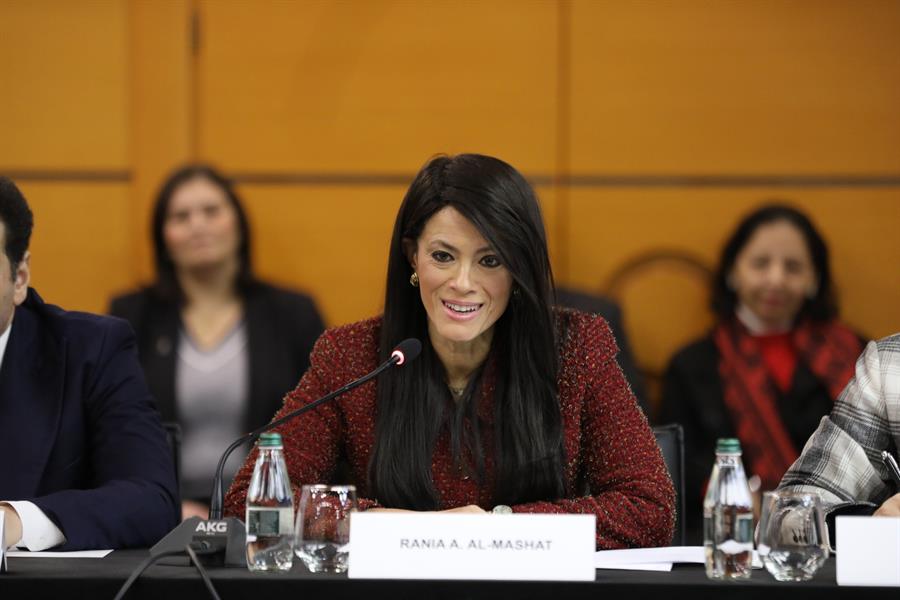The Ministry of Planning and Economic Development holds a symposium on the future of policy-making in the era of big data in cooperation with the United Nations Development Program

01 November 2021
The Ministry of Planning and Economic Development, in cooperation with the United Nations Development Program (UNDP), held recently a symposium on the future of policy-making in the era of big data via video conference technology.
The symposium witnessed the presence of Dr. Ahmed Kamali, Deputy Minister of Planning and Economic Development, with the participation of Dr. Khaled Al-Attar, Deputy Minister of Communications and Information Technology, by default, and Dr. Amira Tawadros, Director of the Demographic Center.During his participation, Dr. Ahmed Kamali stressed the importance of data as one of the most valuable resources, explaining that the activity of major companies around the world about 20 years ago was focused on oil and gas, but nowadays multinational companies have become mainly dependent on the activity of Data, as companies are making fortunes from data mining.Kamali explained the need for all countries to go to that path by making use of the data, and focusing on how to encourage the private sector to use this amazing source of big data.Kamali added that there are many applications that benefit from big data in relation to government work, as it includes two main categories, the first of which is related to improving services provided to citizens, as well as policy formulation and citizen participation.Kamali called for the need to look at the national voluntary report submitted by Egypt this year, which touched on many challenges facing the implementation of digital transformation, such as the digital divide.Kamali pointed to the use of big data to improve public security and environmental indicators and policies, stressing the importance of applying big data in those important areas.
Kamali also referred to the idea of making use of big data to improve the quantity or availability of data for sustainable development indicators, explaining that Egypt has nearly 50% of the indicators of the sustainable development goals, adding that the use of big data to obtain information about the sustainable development goals will help in their implementation is not Not only at the national level but also at the provincial level.Kamali touched on the second phase of the economic reform program, which was recently launchedRegarding structural reform, he explained that the second phase of the program aims to achieve many sustainable development goals, as well as implement Egypt's Vision 2030.Kamali added that the second phase of reforms focuses on three important sectors: industry, agriculture, communications and information technology, stressing the importance of using big data in those sectors, which contributes to improving productivity.









